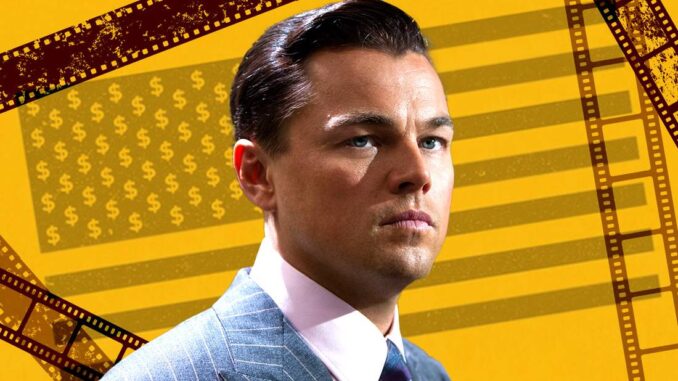
The Best Leonardo DiCaprio Movie Ending and Sorry, Jack and Rose, It’s Not Titanic
Leonardo DiCaprio. The name conjures images of brooding intensity, unwavering dedication to his craft, and, let’s be honest, a near-mythical status among film enthusiasts. His filmography is a testament to his discerning taste and willingness to tackle complex characters. But while DiCaprio delivers consistently compelling performances, the impact of a film often hinges on its resolution. And while the image of Jack Dawson fading into the icy depths of the Atlantic is undeniably iconic, it is not, in my opinion, the best ending in DiCaprio’s impressive repertoire. The honor, I believe, belongs to the ambiguous, unsettling, and ultimately perfect conclusion of Christopher Nolan's Inception.
The power of an ending lies in its ability to linger, to resonate long after the credits roll. Titanic's ending, though emotionally charged, is ultimately a resolution. Rose survives, she lives a long life, and she returns to the ocean to symbolically reunite with Jack. It offers closure, a sense of finality. Inception, conversely, throws us into a perpetual state of questioning. Dom Cobb, a skilled thief who extracts secrets from people's dreams, is finally seemingly reunited with his children. He spins his totem, a small spinning top that wobbles in the real world but spins indefinitely in a dream, to confirm his reality. But as he rushes to embrace his children, the top wobbles. The screen cuts to black, leaving the audience suspended in a state of uncertainty. Is Cobb truly back in the real world, or is he still trapped in a dream?
This ambiguity is not a flaw; it's the film's greatest strength. Titanic’s ending provides a comforting resolution, a reaffirmation of love and hope in the face of tragedy. Inception, however, challenges us to confront the very nature of reality and perception. It forces us to question what is real and what is imagined, mirroring the film's central themes. The spinning top becomes a symbol of that ambiguity, a representation of the constant, unsettling question lurking in the back of our minds. Did Cobb find his peace, or is he living a carefully constructed illusion?
Furthermore, the ending of Inception perfectly encapsulates DiCaprio’s character arc. Cobb is a man haunted by guilt and grief, struggling to distinguish between reality and the dream worlds he inhabits. The ambiguity of the ending suggests that perhaps the distinction no longer matters. He is with his children, regardless of whether it's real or not. He has chosen to believe, to embrace the possibility of happiness, even if it's built on a foundation of uncertainty. This resonates far more powerfully than the romanticized tragedy of Jack's sacrifice in Titanic. It acknowledges the complexity of human emotion and the struggle to find meaning in a world that is often confusing and incomprehensible.
Titanic's ending, while emotionally resonant, relies heavily on sentimentality and melodrama. Jack's death, while tragic, serves primarily to propel Rose's character arc. It is a catalyst for her growth and self-discovery. Inception's ending, on the other hand, is a direct consequence of Cobb’s actions and his internal struggles. It is a culmination of his journey, a testament to his resilience, and a reflection on the power of the human mind to shape its own reality.
Ultimately, the best Leonardo DiCaprio movie ending is not the one that brings us to tears with its simple, tragic beauty. It is the one that challenges us to think, to question, and to grapple with the complexities of human experience. The ambiguous ending of Inception does just that, solidifying its place as a masterpiece of modern cinema and showcasing DiCaprio's ability to embody complex, flawed, and ultimately unforgettable characters. While the image of Jack fading beneath the waves will forever be etched in cinematic history, it is Cobb’s spinning top, wobbling on the edge of reality, that truly captures the enduring power and brilliance of Leonardo DiCaprio's filmography.